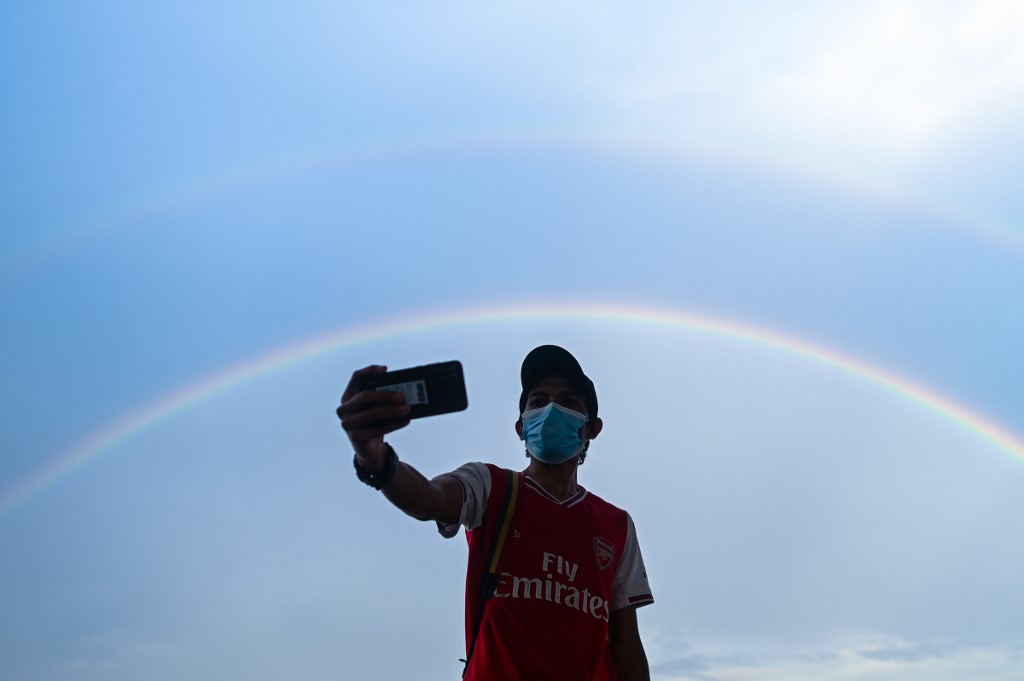
Face mask use will be compulsory in public throughout Yangon from tomorrow (May 13) to combat the spread of the coronavirus, according to reports.
People who do not follow the order risk legal action under the 1995 Prevention and Control of Communicable Diseases Law, reported 7Day News, citing a joint statement from government and township Covid-19 response committees.
The measure does not specify an end date.
Punishments under the law range from a 1,000-kyat fine to six months in prison. The Myanmar Times quoted government committee member Kyaw Aye Naing as saying the punishment is a 5,000-kyat fine under the law.
Mandalay residents who have failed to follow the same measure, which was imposed in the region on May 8, have been instructed to buy two face masks for 1,000 kyats, reported the newspaper.
In the video below, Aung San Suu Kyi tells township and government officials that action must be taken against those who do not wear masks, which has given people another reason to join her homemade cotton mask-making competition.
The official World Health Organisation (WHO) advice remains that you only need to wear a mask if you are sick with Covid-19 symptoms, or if you are looking after someone who may have the virus.
The most effective form of protection is to frequently and thoroughly wash your hands, cover your coughs and sneezes, and maintain a distance of at least 1.5 metres from others, according to the WHO.
To avoid accidental contamination, a mask should fit properly and be removed only touching the mask’s strings, while the user should wash their hands before putting it on and after taking it off, stated the WHO.
Myanmar has confirmed 180 Covid-19 cases, 74 recoveries, and six deaths.
A two-month 10pm-4am curfew was imposed in Yangon from April 18 and across the country is a ban on gatherings of five or more people.
Those who violate the ban can also be charged under the 1995 Prevention and Control of Communicable Diseases Law.
Exceptions are civil servants and “companies, factories and workshop” workers commuting to and from work. Buying and selling at permitted markets and shopping malls, transport of permitted commodities, court proceedings, permitted actions against Covid-19, emergency cases, hospital visits, and funerals are also allowed.

